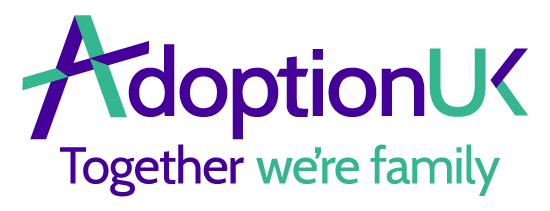I write from the perspective of an experienced adopter (11 years in, so that’s got to count for something!) who has zero contact - be it direct or indirect - with the birth family of my eldest child, now 12, and regular direct, unsupervised contact with the birth mother of my second child, who is four. With the benefit of all my training, learning, reading and simply being in an adoptive family, I would proffer that my preference is for the relationship that I/we have with my younger child’s birth mother.
In my opinion, the positives far outweigh the negatives (so far). For example, I have direct access to my younger child’s family medical history because I can simply ask birth mum. You may think this is a non-issue but my elder daughter had to have major surgery at a very young age and no one could establish if there was a family history of difficulties with general anaesthesia. Ditto, she is now registered blind, having lost her sight very suddenly, and no one could tell me if there was a genetic link to her vision impairment.
With regards to my second adoptive daughter, I know that she is a super-speedy runner (seriously, she is FAST) because birth mum used to beat her classmates and year group at the PE bleep tests when she was at school). Equally, I know to avoid feeding her fish, because birth father has a life-threatening allergy.
And, you know what, I find birth mum really likeable and enjoy hanging out with her on the occasions that we do meet. Without wishing to go into the detail of my daughter’s case, birth mum was just as much a victim of horrible circumstances (and poverty, and generations of neglect and abuse). It’s a thorny subject, but the more time I inhabit Planet Adoption, the more I can appreciate that birth parents are not necessarily the bogeymen and women we fear them to be in the early days of building our families.

